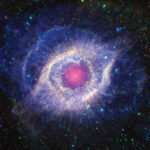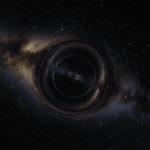Aight, you ever look up at the night sky from, say, your balcony here in Johor Bahru or wherever you are now reading this, and just wonder, ‘What’s out there?’ For us Gen X lot, we grew up glued to telly screens, watching Star Wars and Star Trek, dreaming of blasting off to distant galaxies. Even now, with all the… Read more →






